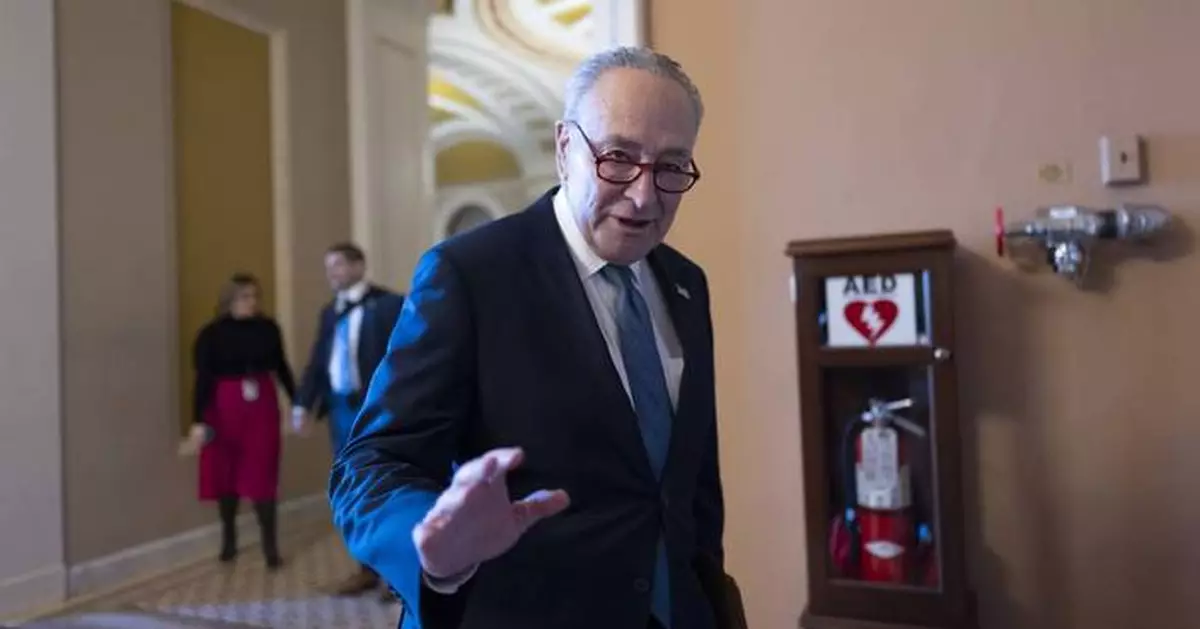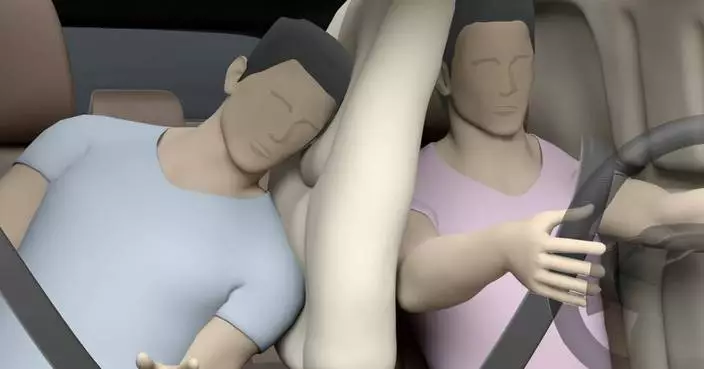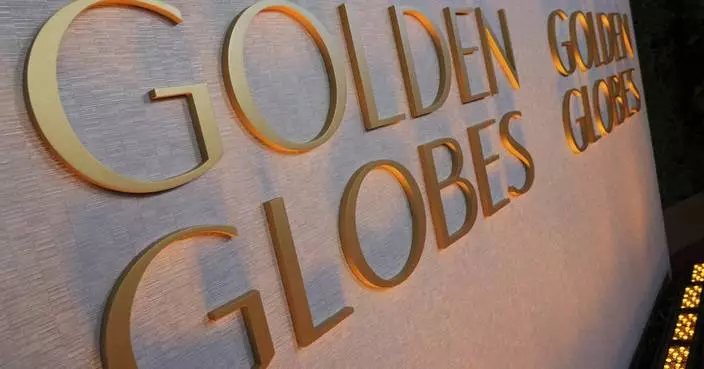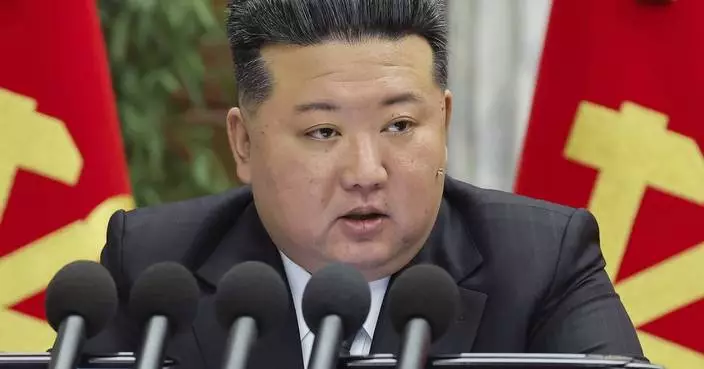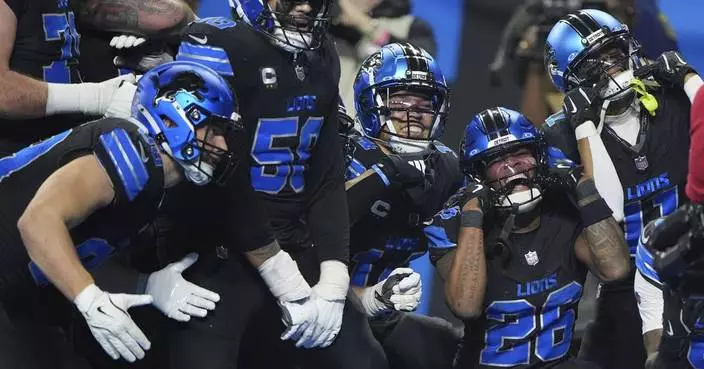WASHINGTON (AP) — Senate Democrats reelected Chuck Schumer as party leader on Tuesday as the party moves into a deeply uncertain time, with no real consensus on a strategy as President-elect Donald Trump prepares to take office.
Schumer faced no opposition in the party leadership elections, in which Illinois Sen. Dick Durbin was also reelected to the No. 2 spot and Minnesota Sen. Amy Klobuchar became the new No. 3. In a statement, Schumer, of New York, said he was honored to move the party forward “during this crucial period for our country.”
“Our preference is to secure bipartisan solutions wherever possible and look for ways to collaborate with our Republican colleagues to help working families,” Schumer said. “However, our Republican colleagues should make no mistake about it, we will always stand up for our values.”
While Schumer remains popular with his colleagues, it is a bleak moment for Senate Democrats, who had been hopeful that they could hold the majority for the third election in a row. Instead they lost four seats and will be in the minority, 53-47, as Trump takes office and pressures the Senate to quickly confirm his Cabinet nominees.
Unlike eight years ago, when opposition to Trump’s narrow election win fueled enthusiasm in their party, Democratic lawmakers and many of their voters are exhausted and looking for answers.
So far, Democrats have stayed relatively quiet on Trump’s nominees and plans for office – a stark contrast from the loud opposition to Trump when he was elected eight years ago. Schumer has declined to comment on specifics of any nominees, instead allowing Republican reaction to dominate the conversation.
On Monday, Schumer wrote a public letter to South Dakota Sen. John Thune, the incoming Republican majority leader, asking him to resist Trump’s pressure to allow him to appoint some of his nominees without a Senate vote and to insist on full FBI background checks for all nominees. But he has said little else about Trump’s upcoming presidency.
While some have been more aggressive — Washington Sen. Patty Murray, a former chairwoman of the Senate Health, Labor, Education and Pensions Committee, said that Trump’s nomination of Robert Kennedy Jr. to lead the Health and Human Services Department is “dangerous” and “nothing short of disaster” — several Democratic senators say they are saving their strength and figuring out a focus.
“Everybody’s in kind of in a wait-and-see mode right now,” said Nevada Sen. Catherine Cortez Masto, who is part of Schumer’s leadership team. “Under the previous Trump administration, there was chaos all the time, all the time. And I do think it is important to pick your battles.”
It’s still unclear which battles they will pick. And Democrats have differing opinions on how to fight them.
Hawaii Sen. Brian Schatz, who is also in Democratic leadership, says that “anyone who has a grand strategy is full of crap,” but thinks that Democrats, for now, “need to keep things simple.”
“We need to talk about people, protect people, advocate for people,” Schatz said. “Do not talk about protecting institutions. Do not talk about advocating for institutions. It’s a not just a rhetorical shift, but an attitudinal shift. We have to remind ourselves, that we’re not fighting for programs and projects and line items and agencies or norms. We’re fighting for people.”
Virginia Sen. Mark Warner said that he’s spent a lot of time reflecting, and “I don’t think anyone can claim this was a policy election,” and Democrats need to look at cultural issues. Pennsylvania Sen. John Fetterman says Democrats just need to “pace ourselves” and avoid the “massive freakout” of Trump's last term.
Democrats should be preparing, says Connecticut Sen. Richard Blumenthal. He says Schumer is picking his battles “very thoughtfully and strategically.”
“We’re thinking about how we protect against using the FBI, or the prosecutorial authority of the Justice Department for retribution against critics,” said Blumenthal. “How we elevate these issues in a way that American people understand them.”
Democrats know better now, after eight years, “the extraordinary challenges we’re going to face,” Blumenthal said.
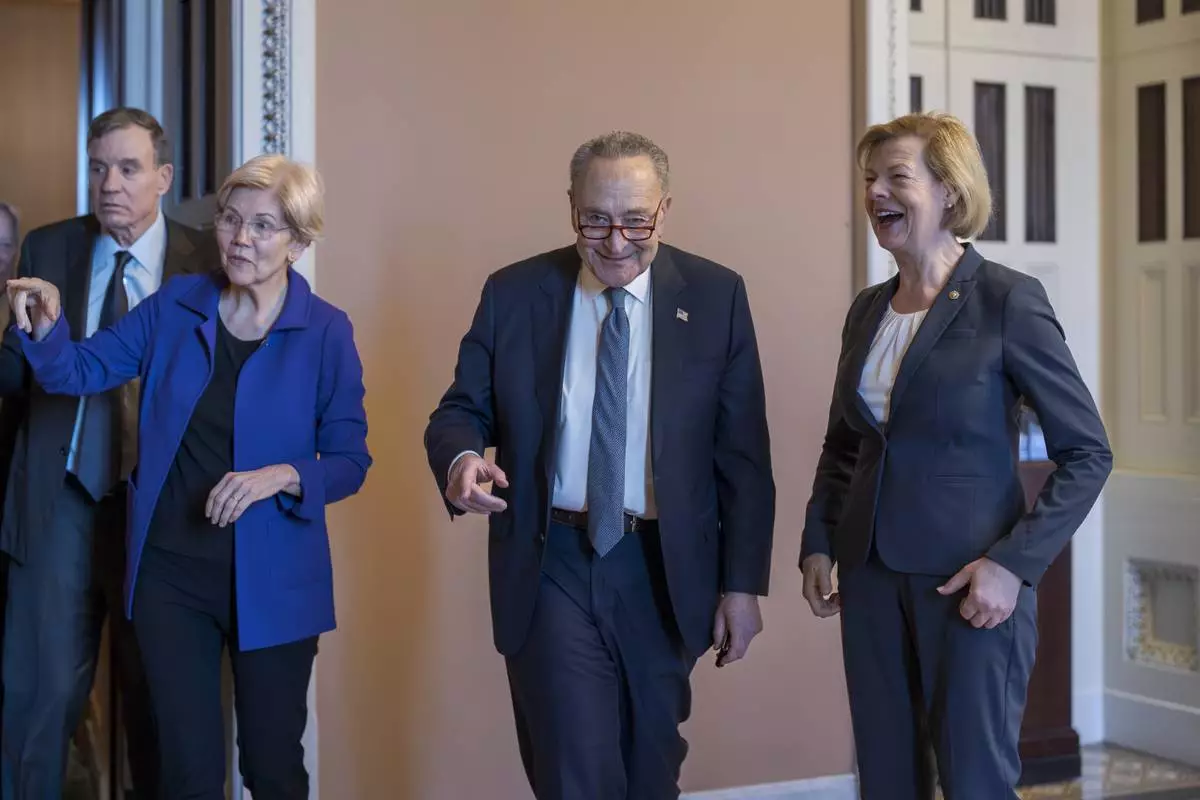
Senate Majority Leader Chuck Schumer, D-N.Y., center, is joined by, from left, Sen. Mark Warner, D-Va., Sen. Elizabeth Warren, D-Mass., and Sen. Tammy Baldwin, D-Wis., right, as they emerge from Democratic Caucus leadership elections, at the Capitol in Washington, Tuesday, Dec. 3, 2024. (AP Photo/J. Scott Applewhite)
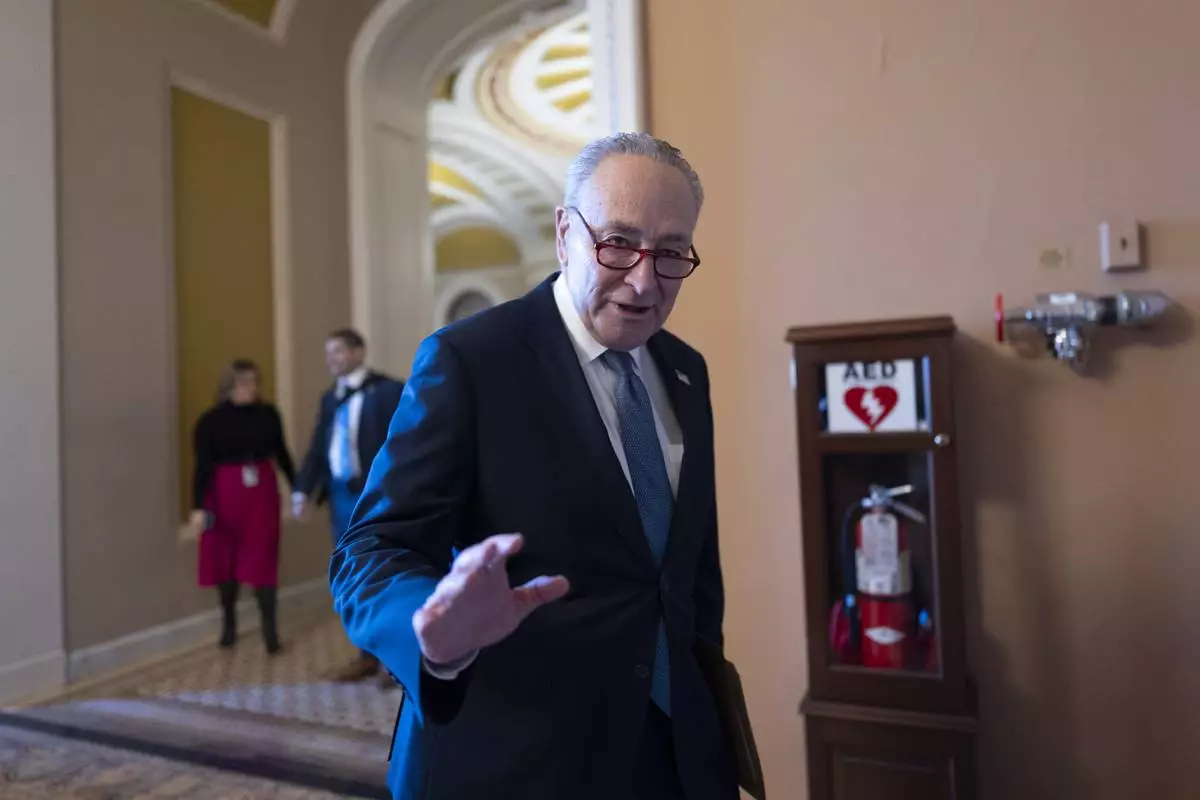
Senate Majority Leader Chuck Schumer, D-N.Y., arrives to join fellow Democrats for a caucus leadership election, at the Capitol in Washington, Tuesday, Dec. 3, 2024. (AP Photo/J. Scott Applewhite)
CARACAS, Venezuela (AP) — The next presidential term in Venezuela is set to begin Friday, when the ruling party-controlled congress hosts a swearing-in ceremony for President Nicolás Maduro, despite serious doubts about the validity of last year’s official election results.
Maduro is expected to begin a third six-year term amid demonstrations by his supporters, but it is unclear if anyone among the millions who voted for his main challenger, Edmundo González, will also protest. González, who claimed to have won the July 28 election, left Venezuela for exile in Spain in September after a judge issued a warrant for his arrest.
Taking the oath of office will allow Maduro to cement a mishmash of policies that allowed the government to end the scarcities and runaway inflation that dominated most of his 11 years in office. Those measures, however, no longer fulfill his and his predecessor’s self-proclaimed socialist promises and continue to strip Venezuela of its democracy.
González has said he intends to be in Caracas on Friday, but he has not explained how he intends to do so or what his plans are upon arrival.
Here’s what to know about Venezuela’s next presidential term:
The doubts stem from the government’s lack of transparency in handling and announcing the results of the presidential election.
Venezuela’s National Electoral Council, stacked with ruling-party loyalists, declared Maduro the winner hours after polls closed. However, unlike previous presidential elections, electoral authorities did not provide detailed vote counts, alleging that a website hack prevented them from doing so.
Yet, the opposition collected tally sheets from 80% of the nation’s electronic voting machines, posted them online and said the detailed vote records showed González won the election with twice as many votes as Maduro.
Global condemnation over the lack of transparency prompted Maduro to ask the country’s high court, also filled with allies of the ruling United Socialist Party of Venezuela, to audit the election results. The court, without showing thorough evidence, subsequently reaffirmed Maduro’s victory and encouraged the electoral council to release the vote counts. But electoral authorities never did and neither did the ruling party, whose voting center representatives — just like the opposition’s — were entitled to tally sheets from every voting machine.
The U.S.-based Carter Center, which Maduro’s government invited to observe the presidential election, has said the tally sheets published by the opposition are legitimate.
The government frequently schedules demonstrations, particularly when it wants to show strength in numbers, such as on Friday. Maduro has called on Venezuelans to head to the streets that day, but not everyone marching with a pro-ruling-party shirt supports him. The government often coerces public employees and state-benefits recipients into participating in demonstrations.
Whether people will protest against Maduro on Friday remains to be seen since the government’s post-election repression campaign, including the arrests of more than 2,000 people, has had a chilling effect. And even if opposition supporters decide to demonstrate, it is unclear who would lead them.
On Sunday, opposition stalwart Maria Corina Machado urged supporters to demonstrate on Thursday across the country to push Maduro out of office.
“Maduro is not going to leave on his own, we must make him leave with the strength of a population that never gives up,” Machado said in a social media video. “Go outside, shout, fight. It is time to stand firm, and make them understand that this is as far as they go. That this is over.”
Machado, who has been hiding for months at an undisclosed location to avoid arrest, told supporters she “will be with” them Thursday.
Meanwhile, González remains away from Venezuela and opposition leaders who often accompanied him and Machado to campaign rallies were jailed after the election.
Members of the National Assembly, ministers and Maduro’s close allies within Venezuela are expected to attend.
The government’s centralized public information office did not immediately respond to a request from The Associated Press for a list of the heads of state who have confirmed their attendance.
But the list could be in the single digits since the country’s post-election crisis has further isolated Maduro.
Maduro has faced criticism for the election’s lack of transparency from dozens of countries, including neighboring Colombia and Brazil, whose leaders had been friendly toward him in practically all other matters. They even attempted to broker a peacemaking deal between his government and the opposition after the July vote. Neither country’s president will attend Friday’s ceremony and will instead send representatives.
Maduro’s last inauguration, in 2019, was attended by Cuba’s President Miguel Diaz-Canel and then-Bolivian President Evo Morales.
The food shortages and four-digit inflation that characterized most of Maduro’s 11-year presidency are gone, but the country’s protracted crisis has no end in sight.
These days, the average Venezuelan must cope with a monthly minimum wage of less than $2, soaring food prices, irregular fuel supply and a substandard public education system. But at the same time, a lucky few with ties to Maduro and his allies benefit from jobs and contracts that allow them to afford imported toilet paper that costs $70, import and sell vehicles, open made-for-Instagram restaurants, and offer luxury tourism experiences.
That inequality is precisely the kind that was supposed to disappear under the policies that Maduro’s mentor and predecessor, the late President Hugo Chávez, described as socialism for the 21st century. It is expected to widen as the government continues to wrestle with an oil-dependent economy crippled by limited crude production, corruption, mismanagement, economic sanctions, firmly restricted credit access and a lack of private investment.
Ahead of the election, voters across the country repeatedly said they or their loved ones would emigrate if Maduro remained in power. Under his watch, more than 7.7 million Venezuelans have already left their homeland in search of better living conditions.
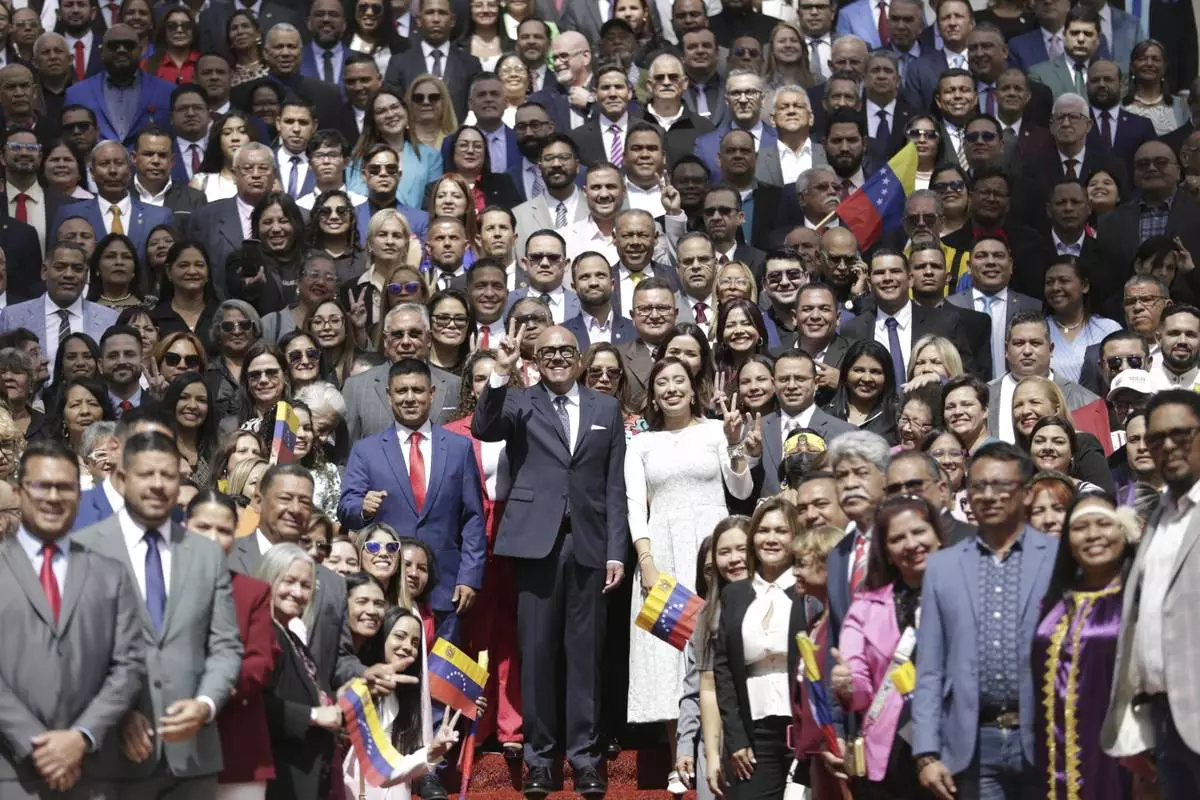
National Assembly President Jorge Rodriguez, center, poses for a photo with newly sworn-in lawmakers after the start of the legislative year in Caracas, Venezuela, Sunday, January 5, 2025. (AP Photo/Cristian Hernandez)
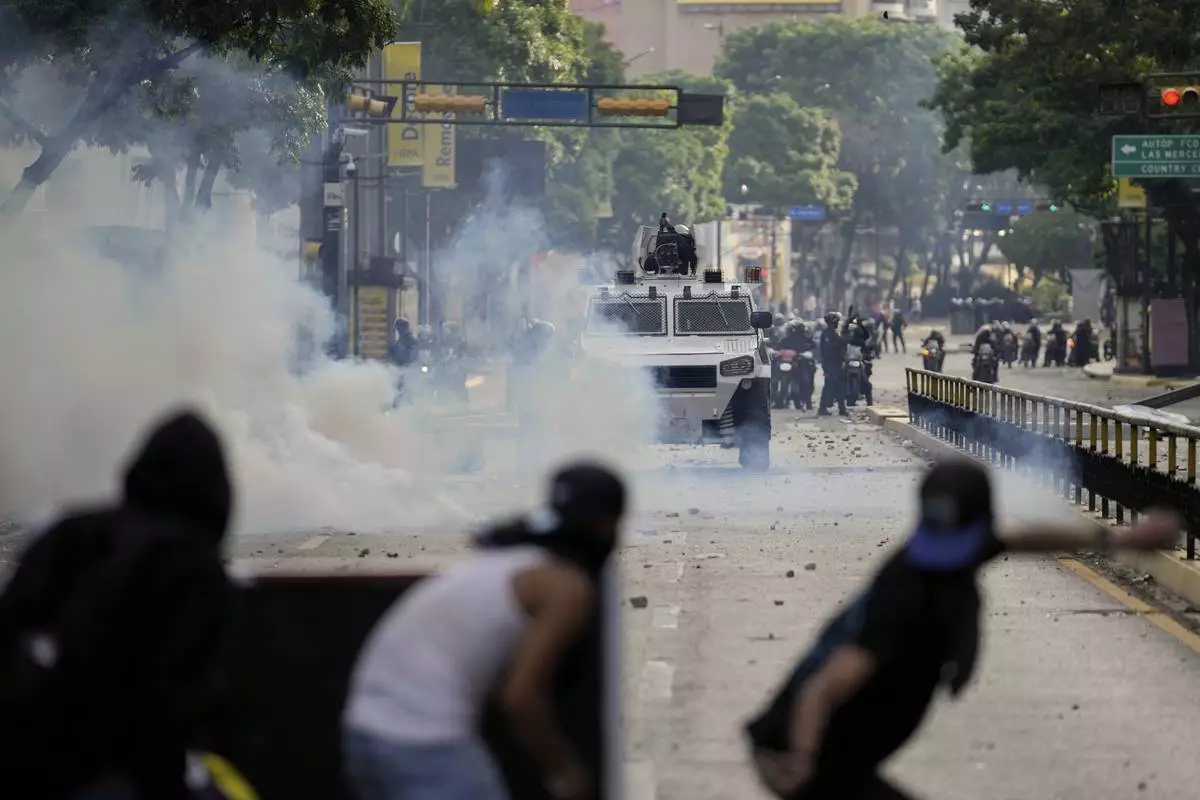
FILE - Protesters clash with police during demonstrations against the official election results declaring President Nicolas Maduro's reelection, the day after the vote in Caracas, Venezuela, July 29, 2024. (AP Photo/Matias Delacroix, File)
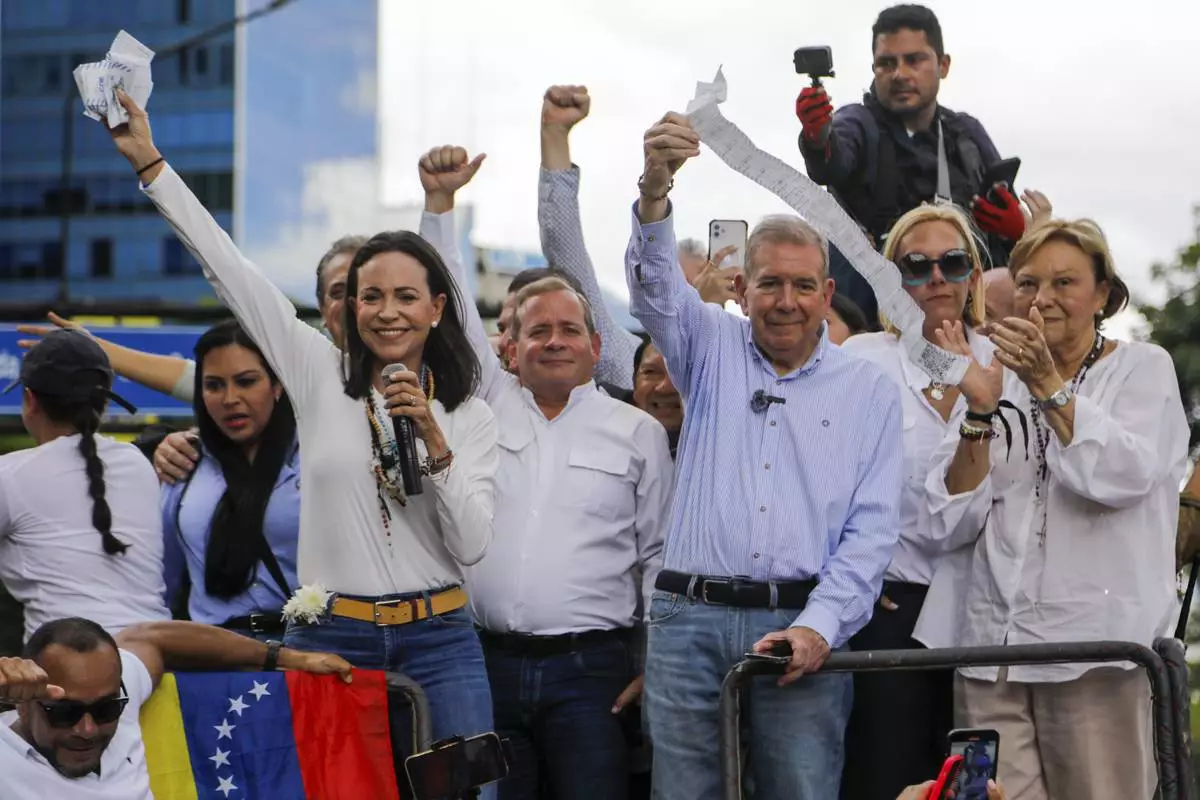
FILE - Opposition leader Maria Corina Machado, left, and opposition candidate Edmundo Gonzalez hold up vote tally sheets from the top of a truck during a protest against the official presidential election results declaring President Nicolas Maduro the winner in Caracas, Venezuela, July 30, 2024, two days after the election. (AP Photo/Cristian Hernandez, File)
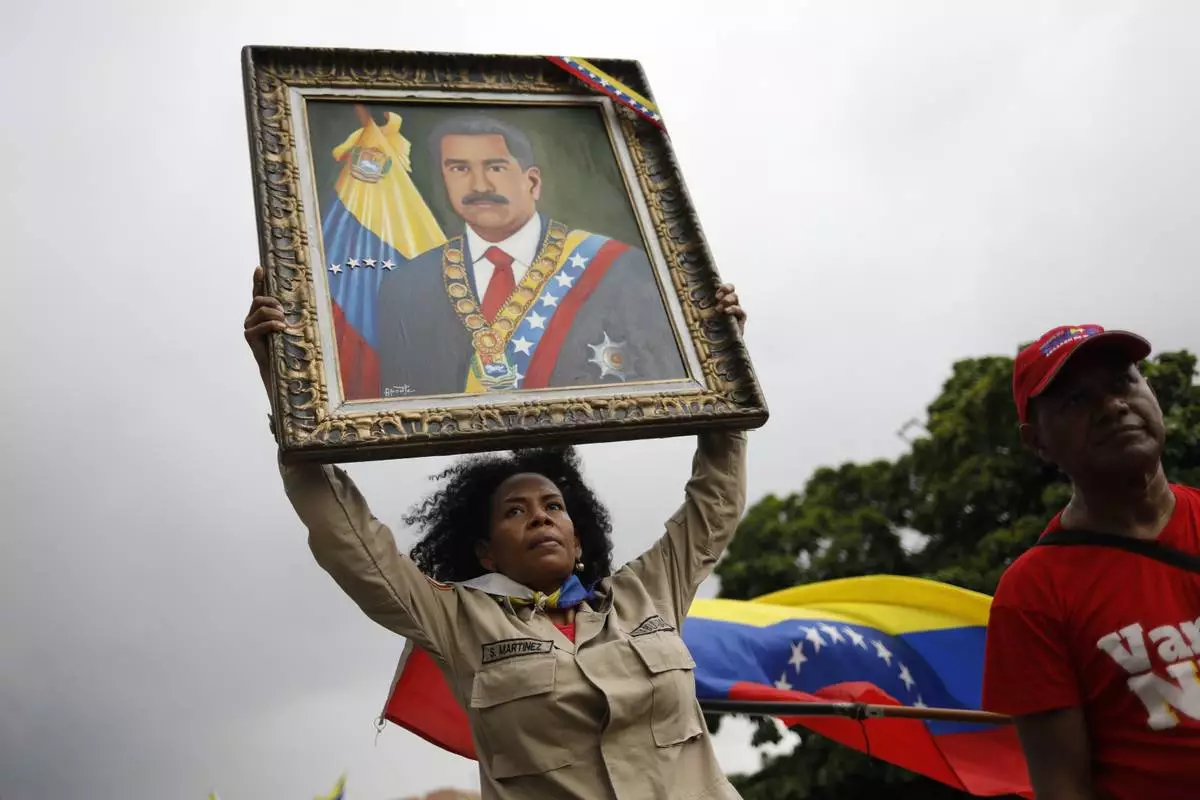
FILE - A member of the Bolivarian Militia holds up a painting depicting President Nicolas Maduro during a rally celebrating Maduro's July 28 reelection, in Caracas, Venezuela, Sept. 28, 2024. (AP Photo/Cristian Hernandez, File)
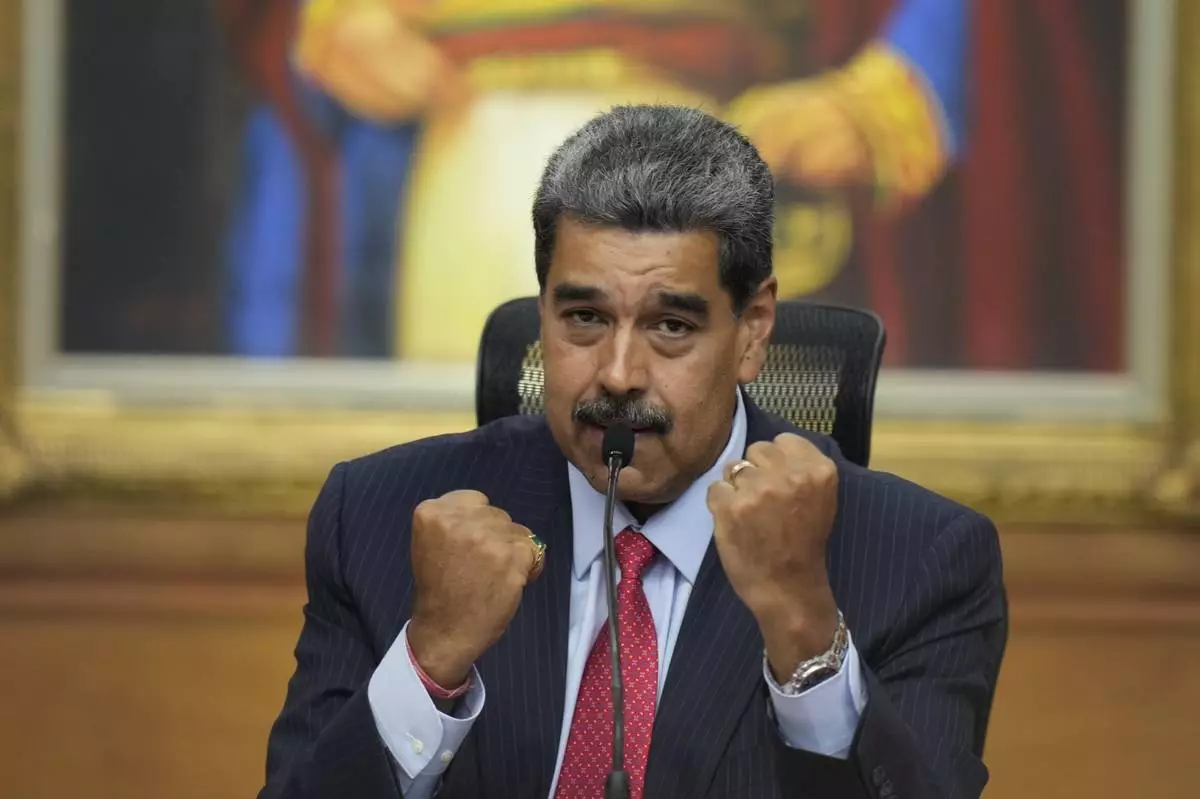
FILE - President Nicolas Maduro gestures during a news conference at Miraflores presidential palace in Caracas, Venezuela, July 31, 2024, three days after his disputed reelection. (AP Photo/Matias Delacroix, File)




